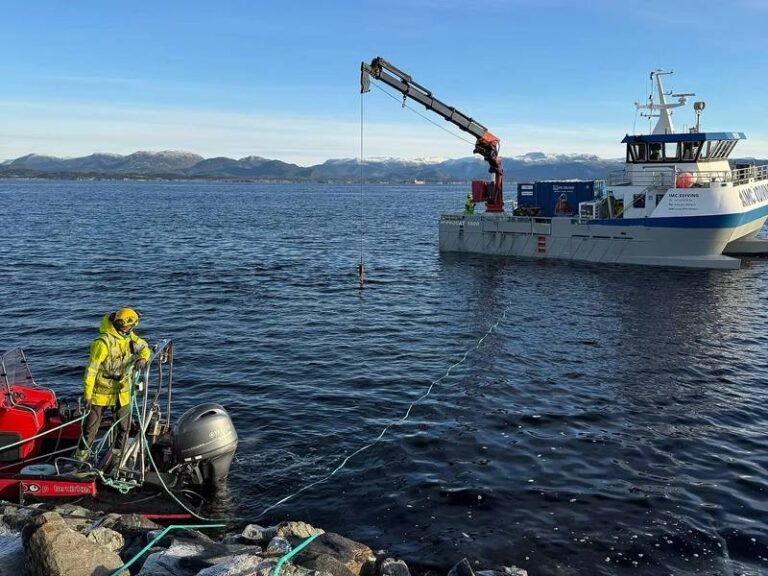Flocean’s Innovative Desalination Approach Reduces Energy Consumption
As the global demand for fresh water continues to rise, the need for more efficient desalination technologies has never been more critical. In response to this challenge, Flocean has developed a groundbreaking approach to desalination that promises significant energy savings compared to traditional methods.
Energy Efficiency at the Core
Recent validation by leading certification body DNV has confirmed that Flocean’s desalination approach can achieve 30-50% energy savings once site-specific engineering is completed. This breakthrough comes at a time when the conventional desalination industry is facing mounting pressure to reduce its carbon footprint.
Conventional desalination plants are expected to double their capacity by 2032, but this expansion also poses a significant risk of increasing carbon emissions. Current plants already emit over 400 million tons of CO2 annually, a number that could double with the launch of new projects in the next decade.
The Flocean Difference
One of the key advantages of Flocean’s approach lies in its utilization of the deep ocean environment. By placing reverse osmosis systems at depths of 400-600 meters, the company is able to harness natural hydrostatic pressure to drive filtration without the need for energy-intensive pumping systems.
Furthermore, the deep ocean water used in the desalination process contains significantly less marine life compared to surface water. This results in reduced pre-treatment requirements and virtually eliminates biofouling, a common efficiency drain in conventional desalination plants.
Addressing Water Security and Climate Commitments
With freshwater demand projected to outstrip supply by 40% by 2030, innovative solutions like Flocean’s desalination approach are crucial for ensuring water security without compromising climate goals. In Cyprus, where desalination plays a vital role in freshwater supply, the process currently accounts for 2% of the country’s total greenhouse gas emissions and consumes 5% of its power.
To further validate the efficiency of their approach, Flocean launched the Zero project in November 2024. Initial data analysis has shown promising results, confirming that deep ocean environments provide optimal conditions for high-efficiency desalination.
In conclusion, Flocean’s innovative desalination approach represents a significant step forward in the quest for sustainable water solutions. By reducing energy consumption and minimizing environmental impact, this technology has the potential to revolutionize the desalination industry and play a crucial role in meeting the world’s growing water needs.

